Swiss-Peruvian climate deal pioneers international cooperation

Switzerland and Peru have become the first signatory states to conclude an international carbon offsetting deal under the Paris climate agreement. But not everyone sees the bilateral treaty as the perfect way forward in slowing climate change.
Signed in October, the Swiss-Peruvian agreement is being hailed as a beacon for others to follow in the absence of international rules. It defines cooperation between public and private entities in the two countries to help Switzerland achieve its goal of halving its carbon emissions by 2030, compared to its level in 1990.
Switzerland, which pushed for a consensus on international directives for the use of carbon credits as bullet-pointed in the 2016 Paris climate agreement, has long supported programmes in Peru aimed at adapting to and mitigating the effects of climate change.

More
Switzerland lacks a climate foreign policy
Under Article 6 of the climate change agreementExternal link, countries agreed to set up a new carbon market system to help them decarbonise more quickly and cheaper. The scheme would help governments wanting to buy carbon credits to develop green projects. It also supports countries that may have cut more emissions than they targeted which wish to sell their over-achievements to others falling short of their goal.
But aside from Article 6.2 permitting countries to enter into bilateral and voluntary agreements to trade carbon, global rules that provide a concrete framework of standards to assure effective carbon offsets, and a body to oversee its implementation – as outlined in Article 6.4 – remain absent due to ongoing diplomatic squabbling.
“It is important to set a precedent, because we really are concerned that some countries may start to engage in bilateral arrangements which are not leading up to the high standards of sustainable development, integrity and respect for human rights,” Franz Perrez, Switzerland’s ambassador to the UN climate talks told swissinfo.ch.
The Swiss-Peruvian treatyExternal link thus incorporates a number of requirements highlighted in the 2016 agreement’s framework. These include carbon offsetting projects that support sustainable development, and encouragement for so-called high ambition in the host country, meaning that all possible efforts are taken to reduce emissions on their own.
The issue of avoiding double-counting of carbon reductions, which became a major stumbling block in at last year’s climate summit in Madrid, largely due to the shatterproof opposition from Brazil, was also included in Switzerland’s agreement.
In transition
But assuring that carbon offsetting deals respect those standards may be complex.
“Countries are in a bit of a transitional period,” said Margaret Kim, CEO of the Gold Standard, the Geneva-based organisation set up to ensure that carbon-cutting projects respect high environmental integrity and promote sustainable development. She said the international community needed to work with poorer countries not only to develop those capacities but to increase their ambitions.
“For many countries, it is a huge challenge, to identify the right areas where additional mitigation action is possible without undermining their own climate target,” Perrez said. Under the earlier Kyoto climate agreement, developing countries were not required to have emissions reduction plans. This means that transferring emission reductions to another country did not raise questions of double counting, said the ambassador.
With every country announcing targets under the Paris agreement, extra effort was required to assure that the agreement was on solid ground and double counting prevented.
Tallying up
Lorenzo Eguren, who coordinates Peru’s programme for carbon emissions reduction at the country’s environment ministry, told swissinfo.ch that it was important to be clear about how emissions reductions were counted and who they belonged to. A national registry for mitigation has been developed, allowing the public to consult offsetting plans and understand which are part of Peru’s own pledges and which are linked to international transactions.
In Switzerland, the Foundation for Climate Protection and Carbon Offset, also known as KliKExternal link, was set up to help domestic importers of motor fuels offset their carbon footprint.
According to a recent revision of the law, up to 25% of the country’s emissionsExternal link reductions could be from abroad.
Funded via taxation on transport fuels, the KliK foundation was tasked to find partners around the world that propose offsetting programmes. Once these fulfill certain criteria in both countries, and bilateral agreements such as the one concluded with Peru exist, the offsets could be credited towards Switzerland’s emission’s cutting goal.
With the new treaty in place, KliK is considering a $50 million (CHF46 million) green credit lineExternal link for Peruvian SMEs, that would secure loans to businesses seeing to access sustainable technologies but unable to access loans.
Cooking stove project
Meanwhile, a pilot project, elaborated through the Swiss Climate Cent FoundationExternal link, involving a procurement from a French NGO, MicrosolExternal link, has been working on a planExternal link with local stove oven producers to distribute carbon-efficient cookers to poor households in remote areas. The stoves, equipped with a chimney to evacuate fumes from homes, would use firewood, thus reducing CO2 emissions, and decrease respiratory illnesses.
The cooking stove project exemplifies another condition in the Paris agreement and echoed in the bilateral agreement: additionality or that offset initiatives must not fill a role that could be achieved by the host country itself.
Mischa Classen, KliK’s co-director of carbon procurement, explained that while the Peruvian government already supports a cooking stove programme, the Microsol initiative would operate in underserved areas.
“Peru is unable to support all the needy segments of the populations,” Classen said. “We do not go after low-hanging fruit, but aim at areas beyond the possibility of the country.”
Kim said Switzerland’s recent agreement could be a “lighthouse” for Article 6.4 of the Paris agreement on detailing international standards for the offsets, and “sets the bar high”.
She was confident that the two pioneering partners will not abuse set standards. “I doubt that it would fall into a wishy-washy agreement. It will be difficult to fall below that set bar because the global community is watching closely.”
“Playing a double game”
But Jürg Staudenmann, climate and environment chief of NGO Alliance Sud was not so sure. “The additionality of it is the issue. How do you ensure via the intention of Article 6 that you would go over and above what countries themselves would do? Would cooking stoves not have been replaced anyway?”
He claimed that Switzerland, like other industrialised countries, was playing a “double game when declaring our big footprint.” Only domestic carbon footprints are considered in national targets, instead of “grey emissions” generated through the imports into Switzerland and the footprints of multinational firms abroad.
Between 1990 and 2017, Switzerland’s greenhouse gas emissions decreased by 8%, according to Climate Watch Data.External link
“It is a charade,” Staudenmann said, referring to the country’s plan to offset its domestic emissions abroad, instead of doing more at home. “It is an easy way for wealthy nations, who say ‘I can afford not to do anything and pay someone else to do what I should be doing’.” It is very short-sighted.”
For Gold Standard’s CEO, Kim, it was important to recall that while carbon market offsetting was an important tool to help mitigate climate change, it was not the main source of finance to developing countries, which developed countries agreed should amount to $100 billion per year. “This is only a fraction of the climate finance that will bring us in line with science.”
Other accords
Meanwhile, Veronica Elgart, deputy head of climate policy at the environment ministry said Switzerland was in negotiations with ten other countries on similar agreements. A second bilateral treaty on offsets was expected with Ghana before the end of the year.
During negotiations at the COP25 in Madrid, Perrez said Switzerland was “actively informing” other countries on talks it had with Peru ahead of the treaty.
In a year during which new extreme weather events have increased, average temperature records set, and a pandemic possibly triggered by climate change, some feel that in absence of a global agreement on the framework for international carbon offsetting, last month’s treaty signing may provide a path forward to strengthen the fight against global warming.
“We have wasted quite a few years for these global market mechanism negotiations. The Earth, the atmosphere, the climate, the environment do not have the patience to wait another year. Yes, there is the risk that some bilateral agreements may not be so robust. But they would be better than nothing,” said Kim.

In compliance with the JTI standards
More: SWI swissinfo.ch certified by the Journalism Trust Initiative
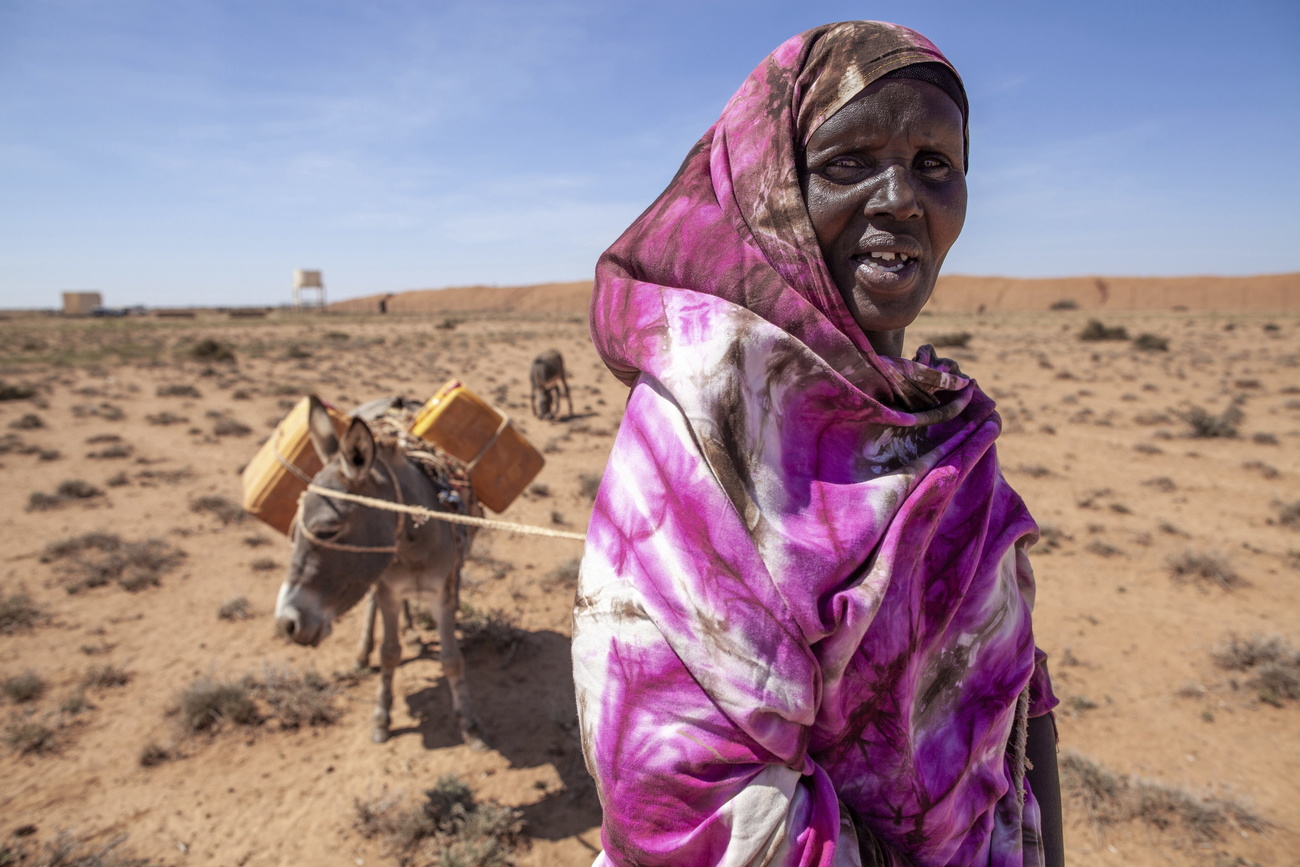
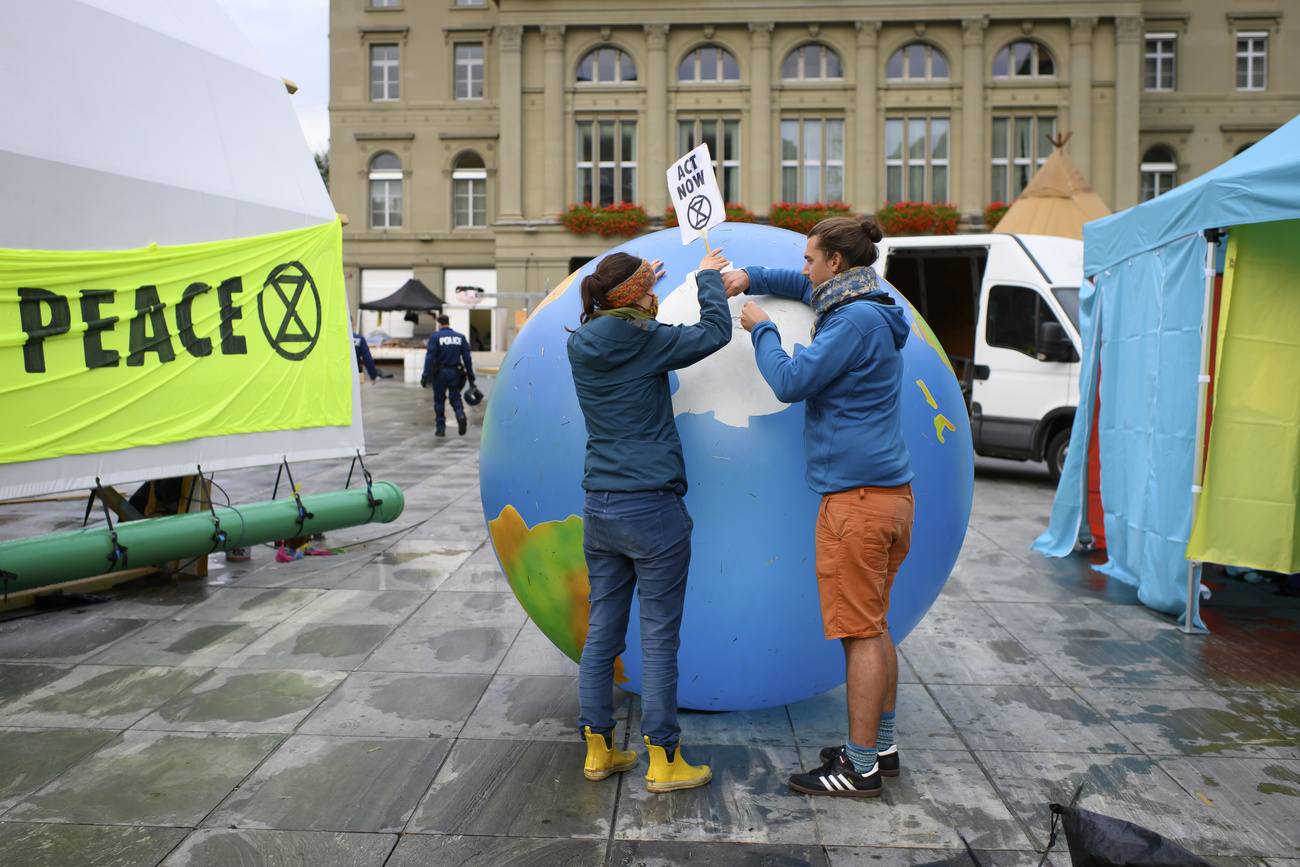
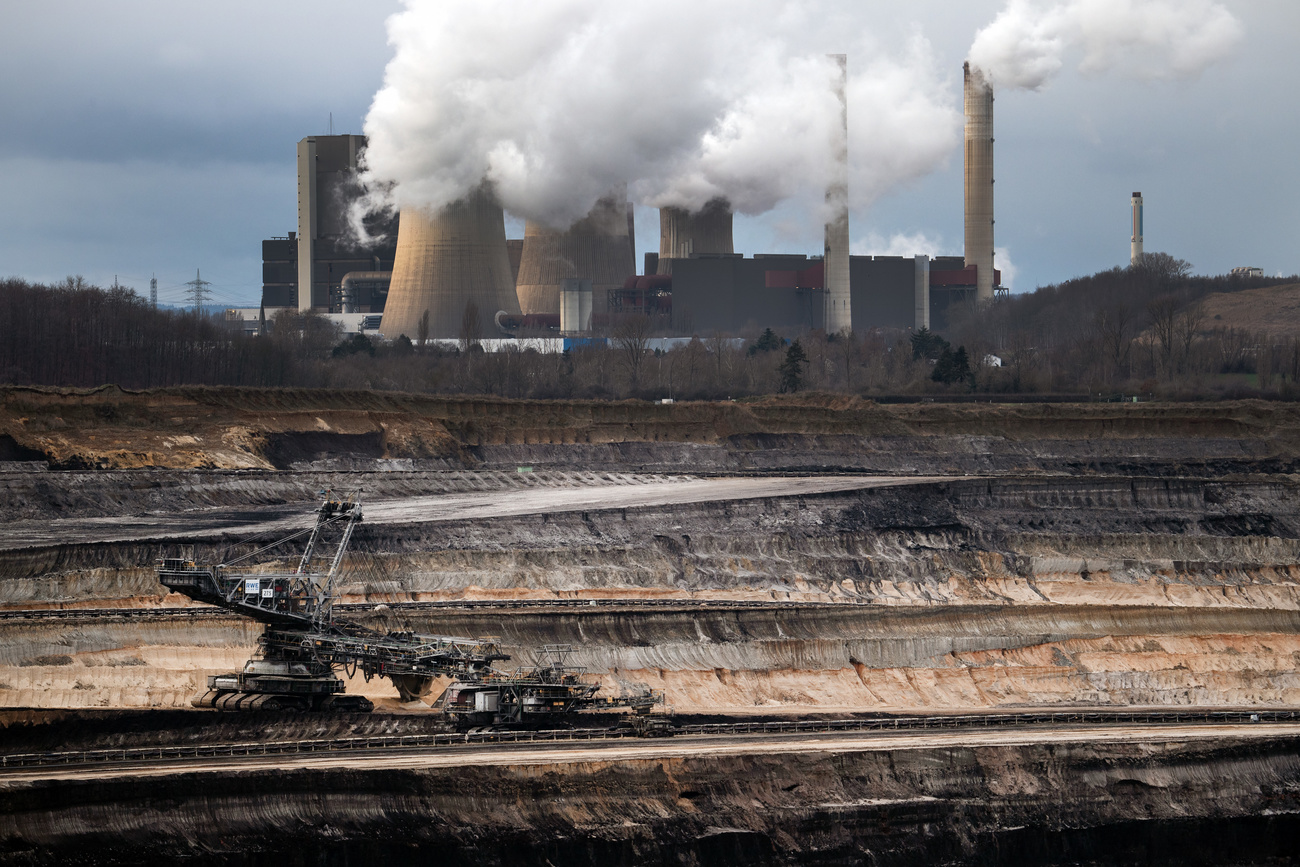
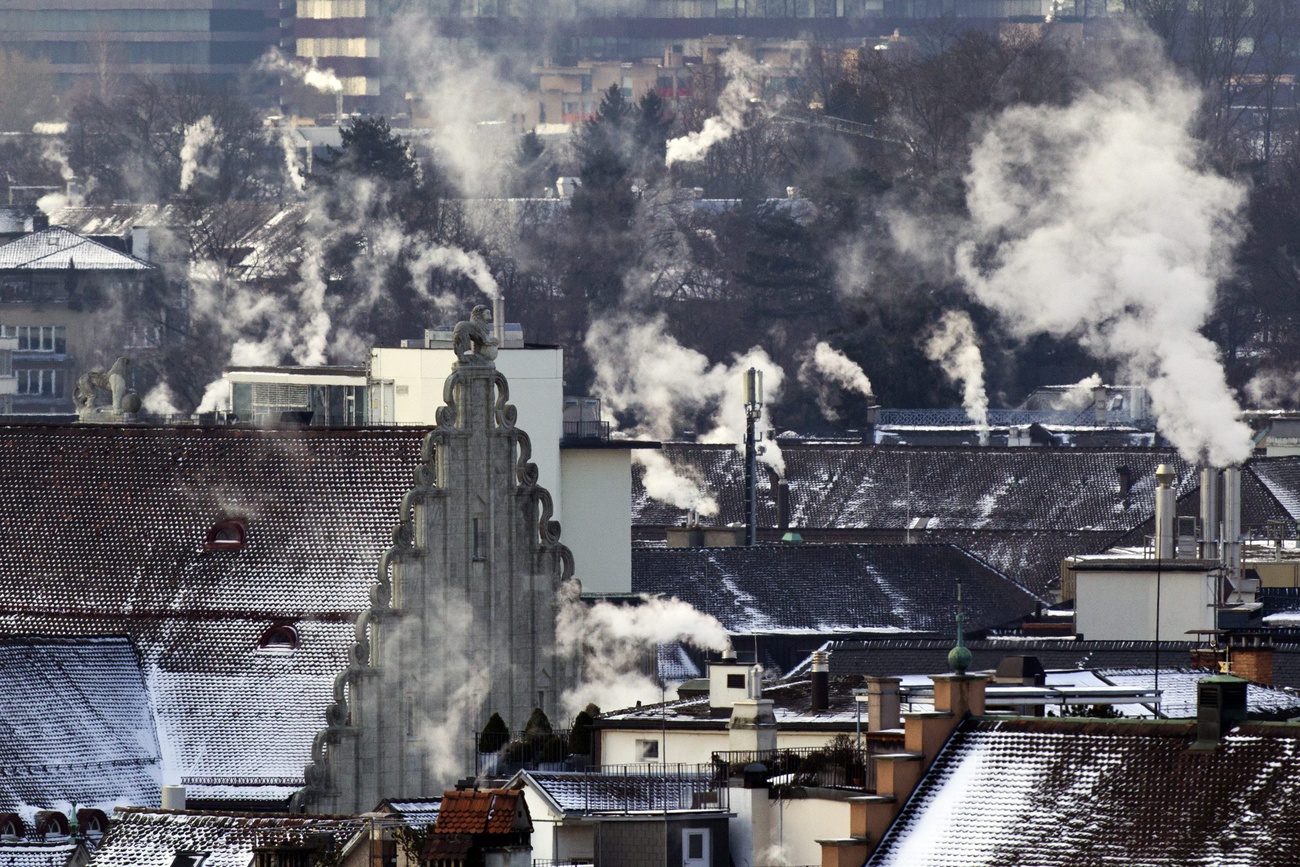
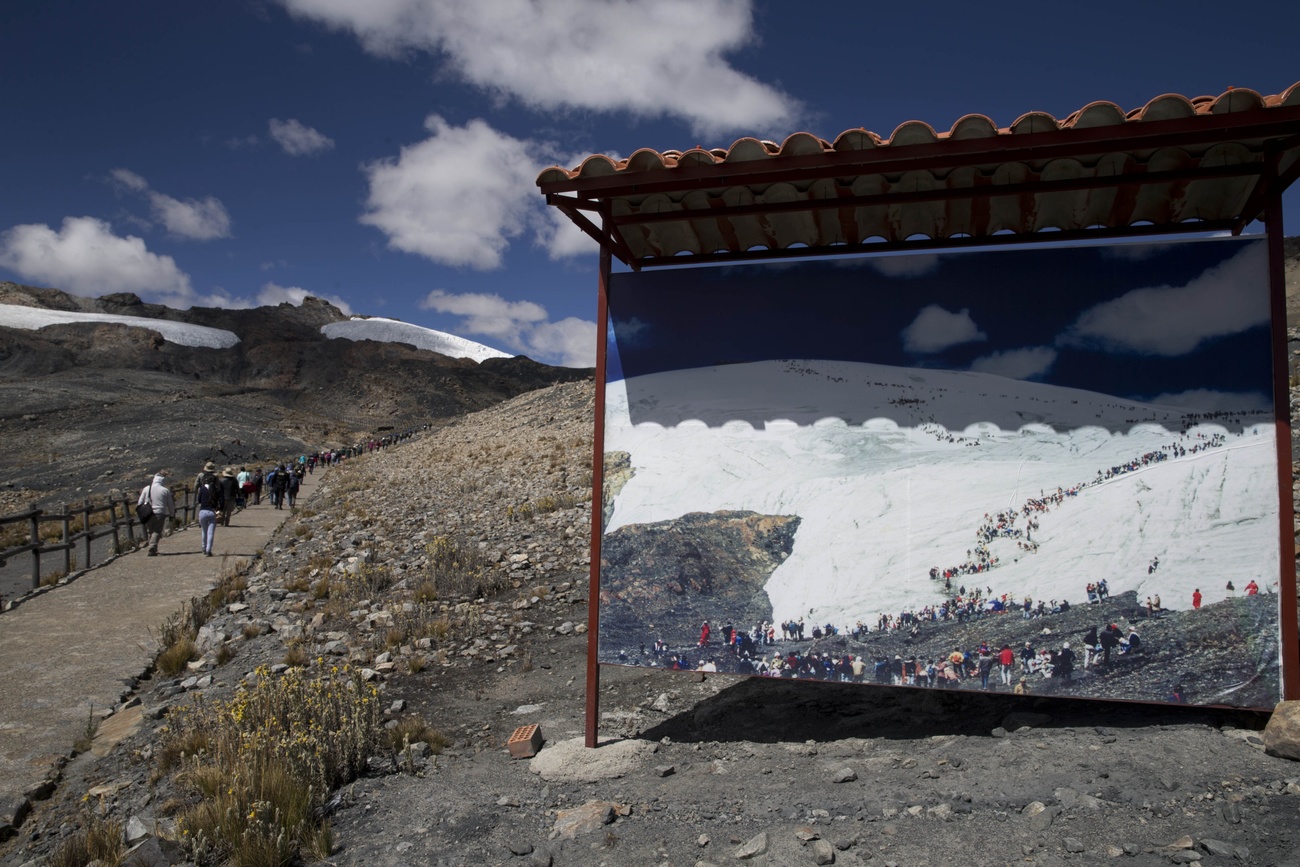
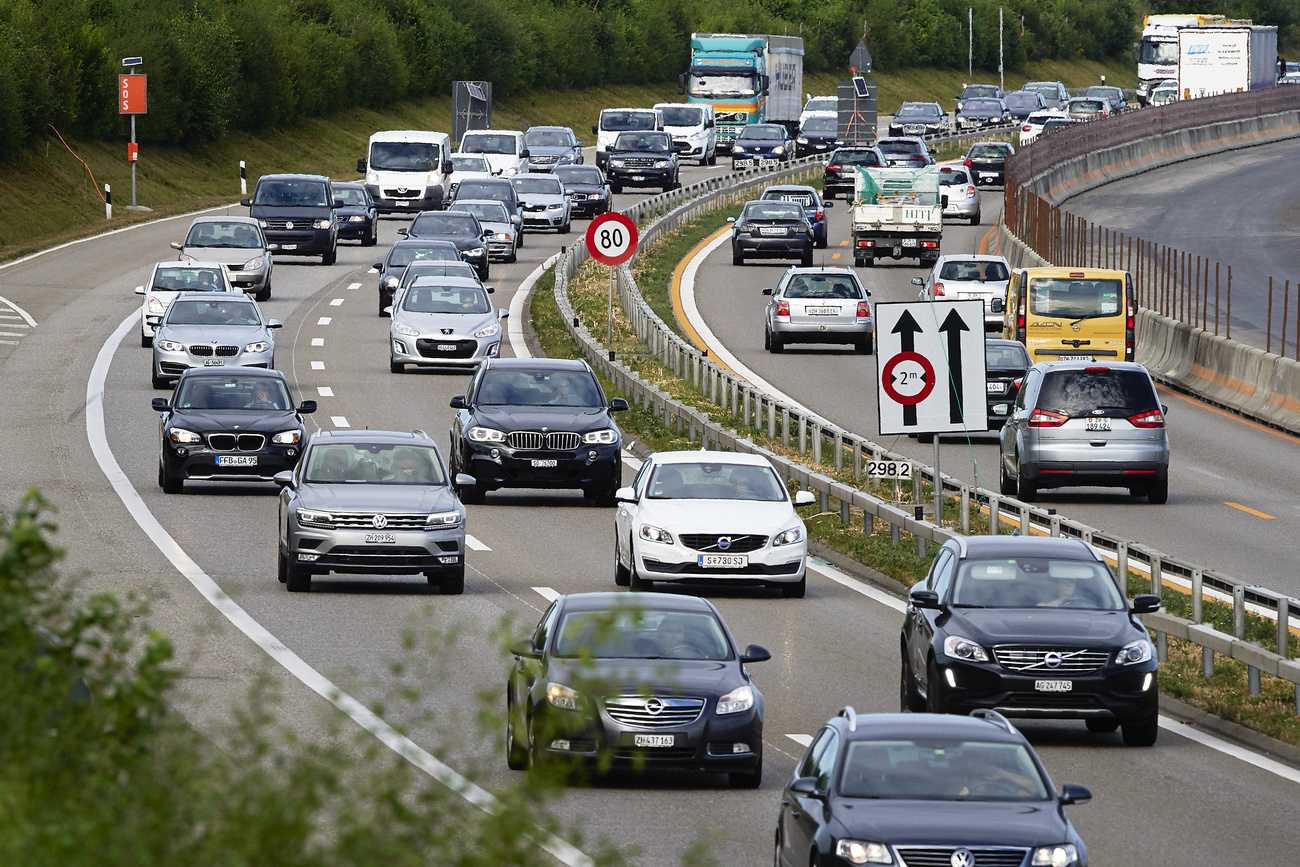
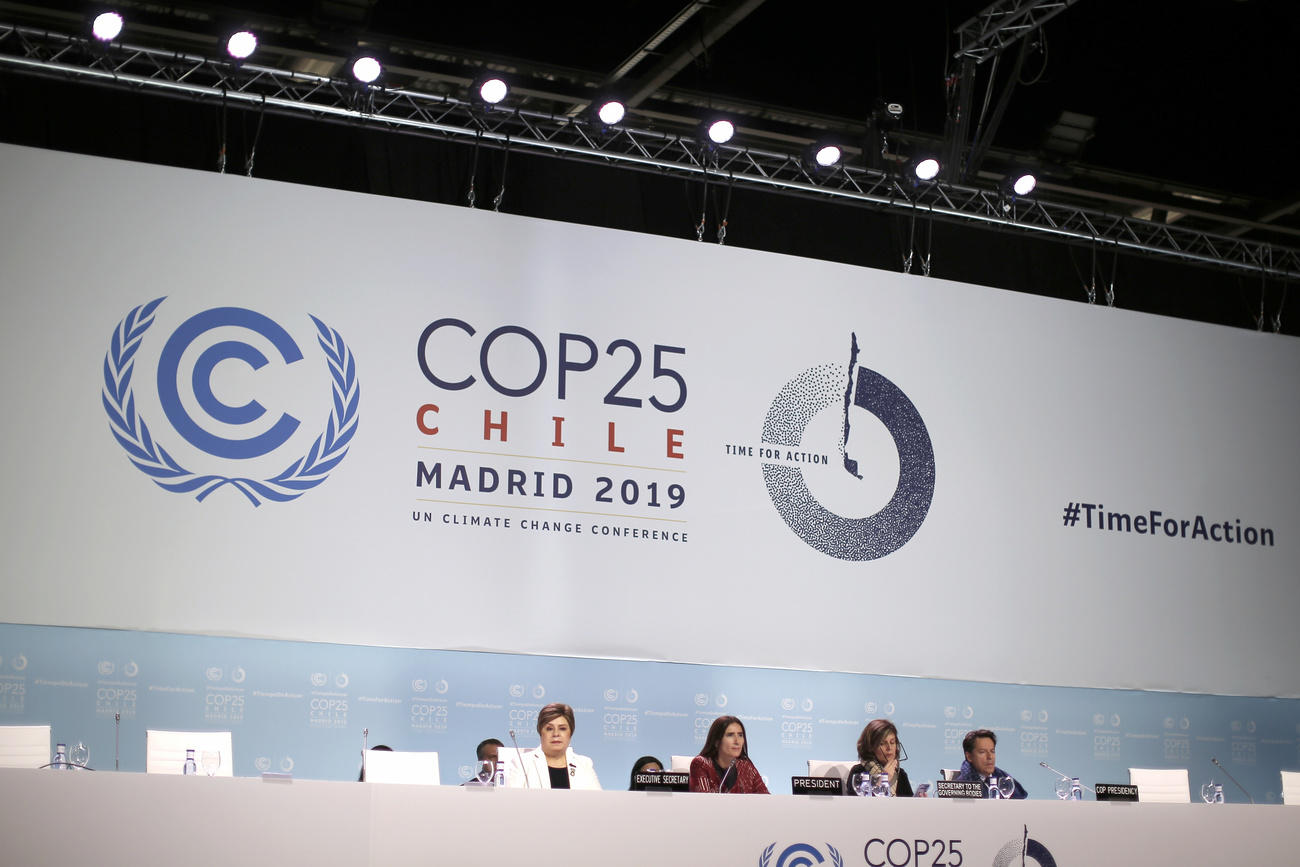
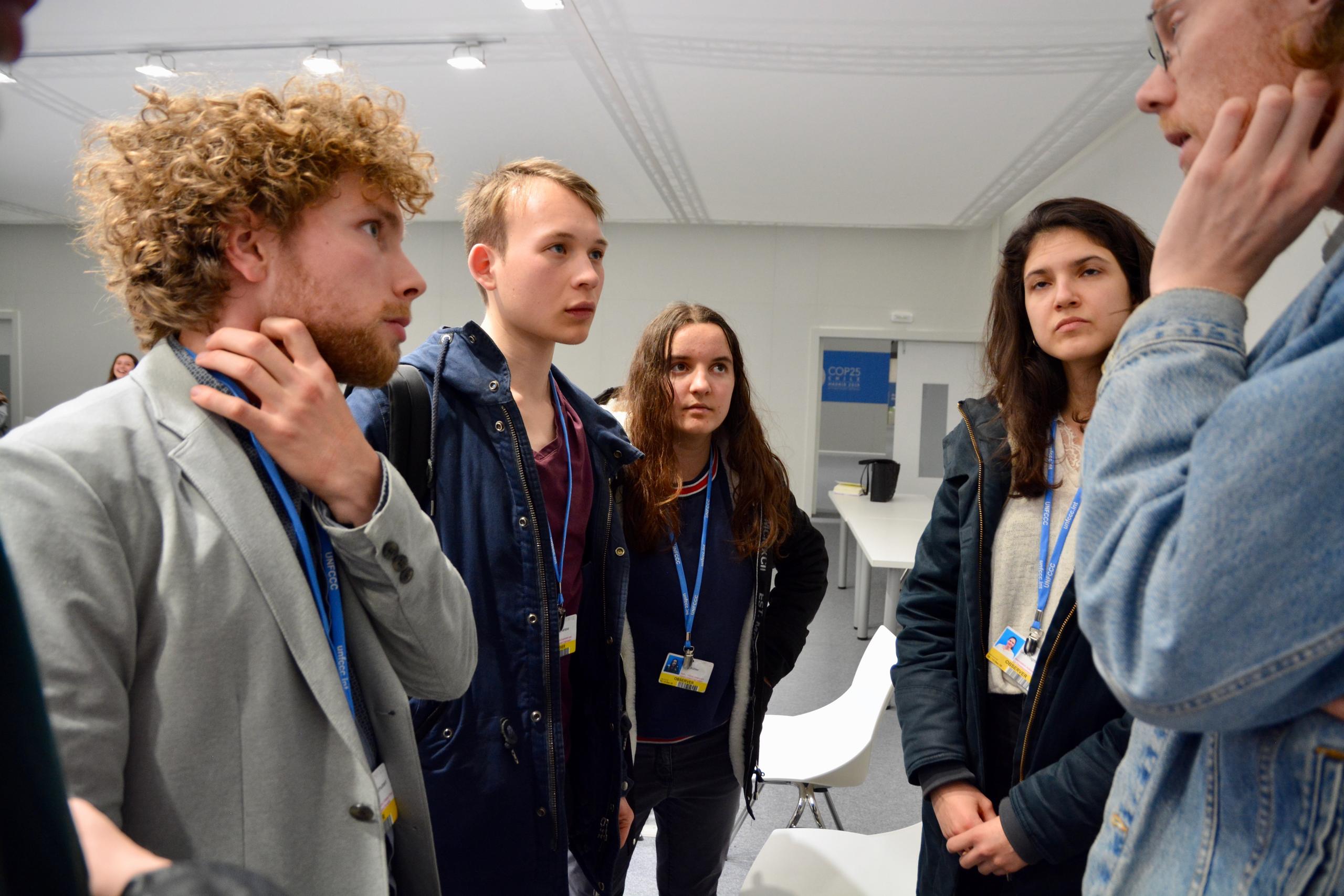
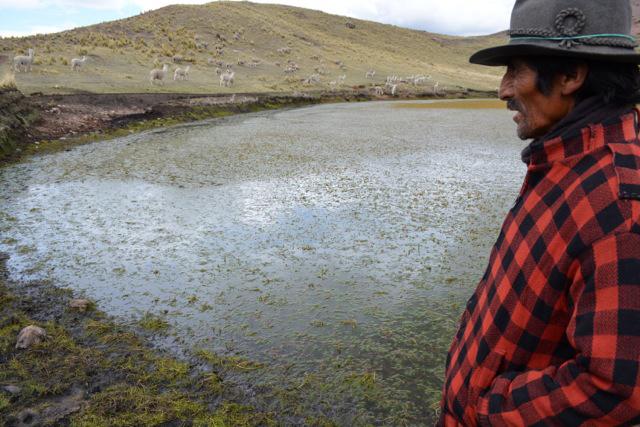
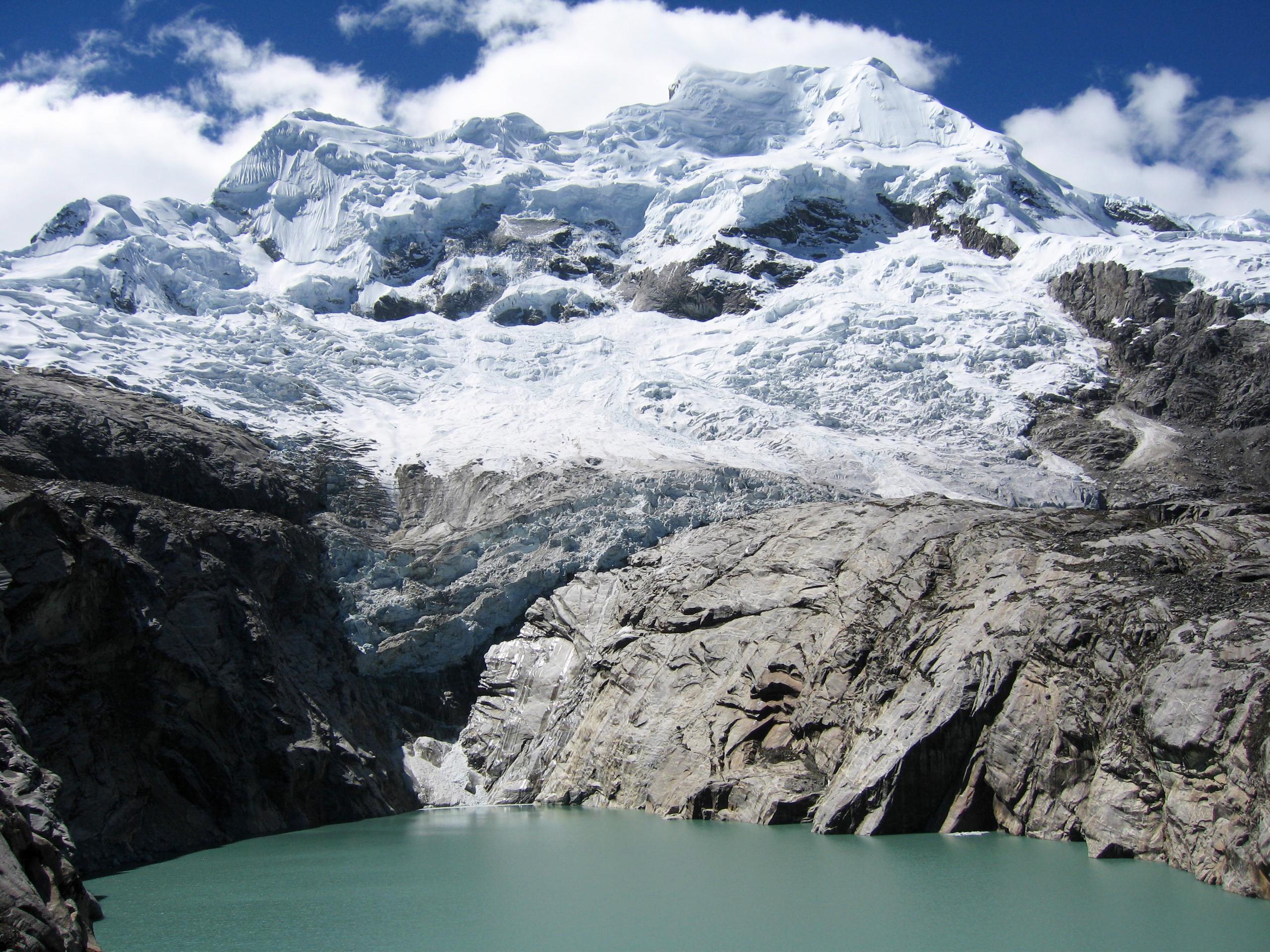
You can find an overview of ongoing debates with our journalists here. Please join us!
If you want to start a conversation about a topic raised in this article or want to report factual errors, email us at english@swissinfo.ch.